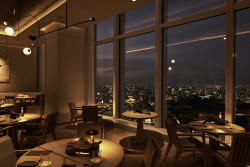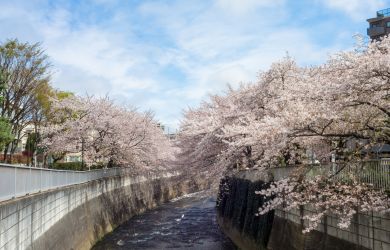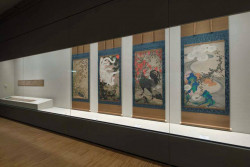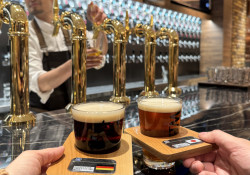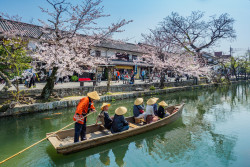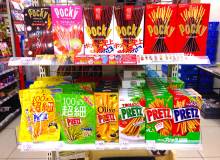
Originally published on metropolis.co.jp on April 2011

Jeff W. Richards
I originally came to Japan for a six-month working holiday, which sadly ended up being more work than holiday. One thing led to another and I’ve now been here going on eight years.
What is Viterum Consulting all about?
Viterum Consulting is an energy efficiency consultancy focusing primarily on real estate. Basically, we trace all the energy flows in a building or business and find the ways in which it’s being wasted. The key is offering solutions that make at least as much financial sense as environmental.
What inspired you to start an energy-focused consultancy? What’s the correct term for what you do?
My work is loosely based on the concept of muda—the Japanese word for “waste”—so maybe “energy waste reduction” is a good term for what I do. It dawned on me at one point that too many people are trapped in this consumerist mindset where “more, more, more!” is the answer to everything. I thought: rather than produce more clean and renewable energy, why don’t we just use less of it? I’m not knocking solar and wind, but without improved consumption efficiency they aren’t much more than PR stunts.
What projects do you have in the works?
Right now I’m focusing on a couple of main areas. One is overall efficiency in hotels, serviced apartments, and guesthouses. The other is bringing daylighting technologies to Japan that can be retrofitted into existing buildings, allowing people to enjoy more sunlight while indoors.
What can people who live in Tokyo do to be more energy efficient?
That’s a tricky question because there’s no magic bullet. It’s more about lifestyle choices and having the right attitude. A good approach may be to bear in mind that energy equals money. So if you aren’t willing to throw a fistful of cash out the window every day, why should energy be any different? Don’t be afraid to be thrifty.
What are your top three tips for having a more energy-efficient living space in Tokyo?
First, do a Google search for “Energy Saving Tips.” There’s a wealth of information freely available about the basics. Before that, though—unplug your heated toilet seat. It’s shocking how much energy they consume, even when you’re out or sleeping. Finally, learn how to use curtains and blinds properly for effective light and temperature management.
Do you think the after effects of the March 11 earthquake and tsunami on energy consumption will change how people think in the long term here?
I really hope so, but the cynic in me already notices things slowly going back to “normal.” Perhaps a scorching Tokyo summer with little or no air conditioning will have a more lasting impression.
Which companies do you think are leading the field in green corporate responsibility?
I’m kind of reluctant to name just one because so many are doing great things, but if I had to pick one, I would say Walmart. It’s gone from being the evil corporate giant we all love to hate to a conscientious organization with ambitious green targets that are imposed throughout its supply chain.
Do you have a favorite green building in Tokyo?
It might not be the greenest, but I’ve always liked the main hall at the Tokyo International Forum. The enormous glass-encased atrium makes use of natural lighting, while at the same time allowing heat to escape upwards, keeping the basement level relatively cool in the summer.
For more information on Viterum Consulting see www.viterum.com or contact info@viterum.com.
